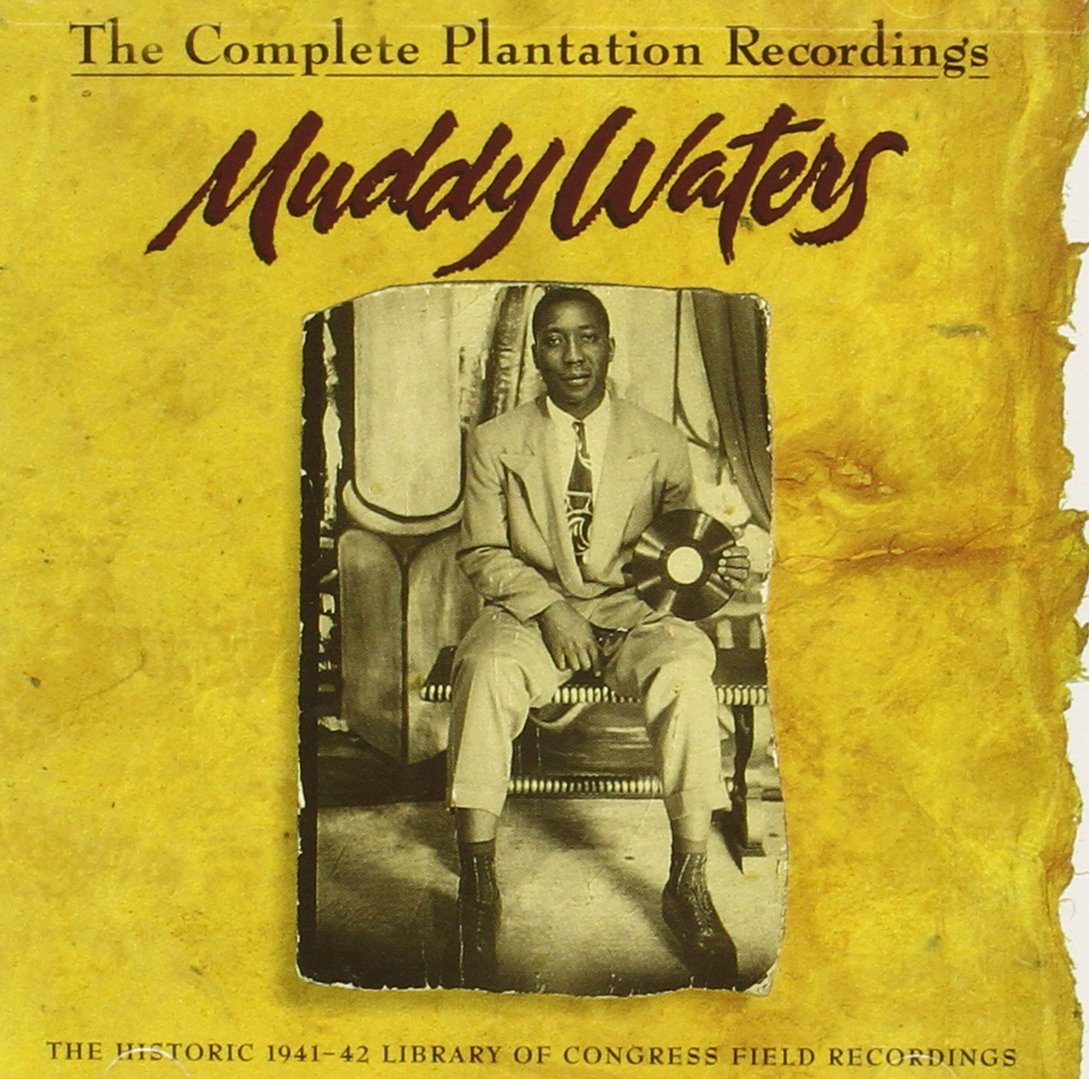In 1941, the music historian Alan Lomax traveled to Clarksdale, Mississippi, hoping to record the legendary Robert Johnson. Johnson was dead, but locals pointed Lomax to another blues guitarist, McKinley Morganfield, better known by his nickname Muddy Waters. Over the course of two visits in 1941 and 1942, Lomax and the musicologist John Work recorded Waters picking and singing on his porch on Stovall’s Plantation, where he’d worked as a sharecropper since he was a teenager. “Man, you don’t know how I felt that Saturday afternoon when I heard that voice and it was my own voice,” Waters recalled years later, “I can do it.” And he did indeed do it. Muddy Waters is now known as one of the greatest bluesmen of all time, a key figure in restoring the music of the Delta to its rightful place at the heart of American music. The Complete Plantation Recordings is far from the polished, Chicago-fied Muddy Waters that lived on top of the R&B charts in the 1950s. The dust and pain of the Delta is here. And if Muddy’s music is not as quite as defiant and ruthless as Johnson’s, or as plaintive as Son House’s, or as gentle as Mississippi John Hurt’s, it carries an ineffable quality that’s just as essential to the blues. Clear-eyed compassion, perhaps, including for oneself. We all got to take sick and die one of these days. There’s nothing for a wise man to do but throw himself into each and every flatted fifth. 9
Muddy Waters. The Complete Plantation Recordings. Chess, 1993. Reviewed September 7, 2024. Notable tracks: “You Got to Take Sick and Die One of These Days,” “You’re Gonna Miss Me When I’m Gone,” “Country Blues.”
